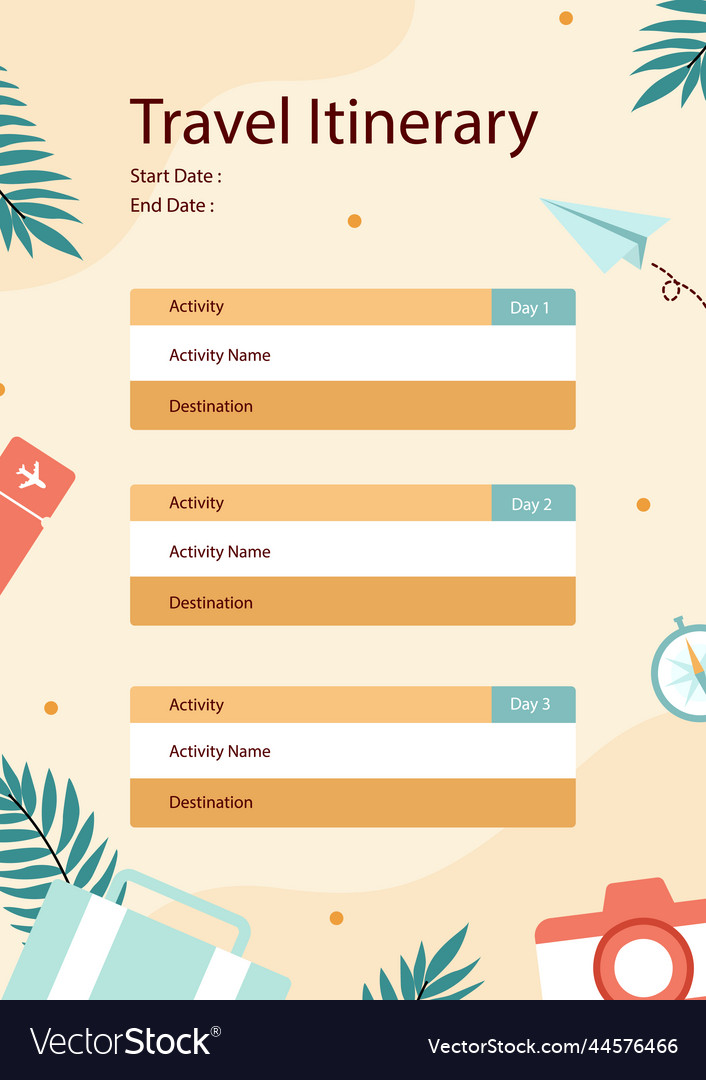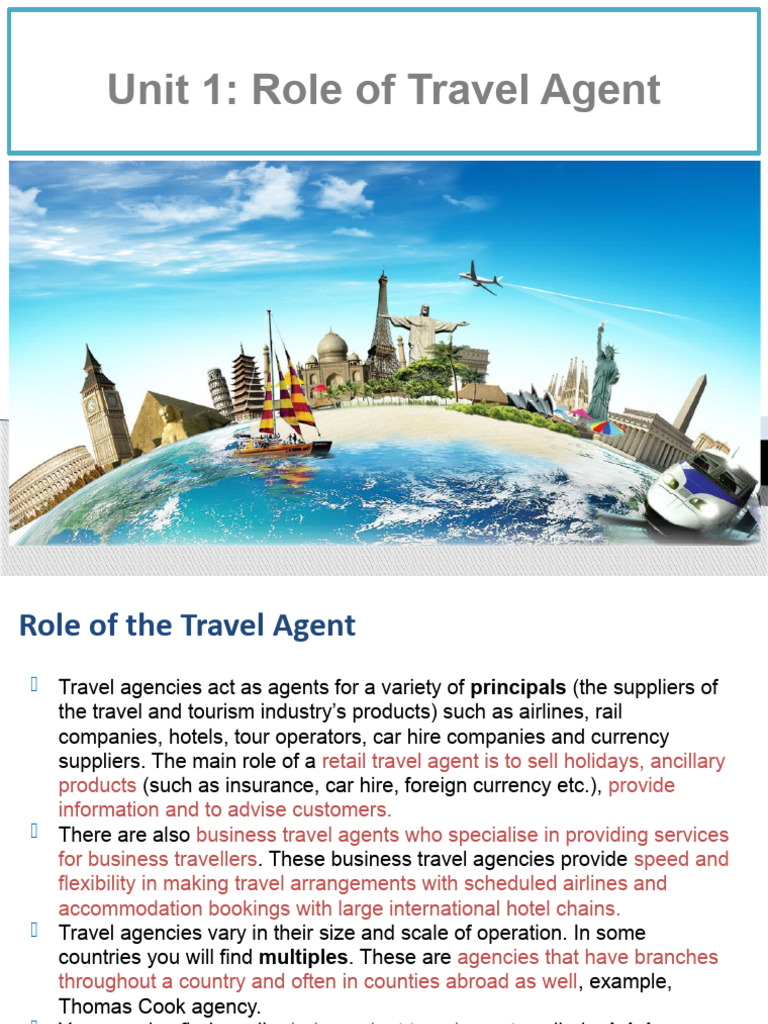Travel agents play a crucial role in connecting travelers with unique experiences, but many aspiring professionals wonder: how much do travel agents make per booking? This question is especially relevant for those considering a career in the travel industry. The answer isn’t straightforward, as earnings can vary based on several factors, including the type of bookings, commission structures, and the agency model.
For those interested in becoming a travel agent, it’s essential to understand the financial aspects of the job. While some might assume that travel agents earn a fixed salary, the reality is that most are paid through commissions and sometimes planning fees. This means that income can fluctuate depending on the number and type of bookings they secure.
How Do Travel Agents Get Paid?
At the core of a travel agent’s earnings is the concept of commissions. When an agent books a hotel, tour, or other travel service, the supplier (like a hotel or airline) pays the agent a percentage of the booking cost. For example, hotels typically offer a commission of 10 to 15% of the room cost before taxes. However, this can vary depending on the destination and the specific supplier.
Some agencies, like Fora, streamline the payment process by using direct deposit and handling all tracking and issuing of commissions. This ensures that agents receive their payments promptly without the need to follow up with travel partners.
In addition to commissions, travel agents may also charge planning fees to their clients. These fees can be structured in different ways, such as a flat rate or a percentage of the total trip cost. Planning fees are often used for more complex itineraries or when additional services, like custom experiences or luxury accommodations, are involved.
How Much Do Travel Agents Make Per Booking?
The amount a travel agent earns per booking depends on several factors, including the type of booking and the supplier. On average, Fora Advisors earn around 12% commission on hotel bookings. However, this can increase if the agent works with corporate clients or individuals seeking high-end travel experiences.
Luxury travel, such as resort buy-outs or multi-thousand-dollar suites, often leads to higher commissions. Additionally, personalized itineraries, rental cars, and tour bookings can significantly boost an agent’s income. These extra services not only enhance the client experience but also provide additional revenue streams for the agent.
Do Travel Agents Get Paid for Booking Flights?

While flight bookings are possible, they are less common for travel agents due to the complexity involved. Unlike hotels or tours, airlines typically do not offer commissions for booking flights. However, some platforms do offer commissions for business-class seats or above. At Fora, advisors can charge clients a fee for booking airline travel, providing an alternative way to generate income.
What About Travel Perks?
One of the perks of being a travel agent is the opportunity to experience destinations firsthand. While agents aren’t paid to travel, many suppliers invite them to experience locations at special rates after they reach a certain number of bookings. These trips, known as FAM (Familiarization) trips, allow agents to gain deeper insights into the destinations they promote.
Fora occasionally organizes FAM trips, such as recent excursions to Mexico, Nicaragua, and even a cruise on Virgin Voyages. These experiences not only help agents better serve their clients but also provide personal travel opportunities.
Tips to Increase Earnings as a Travel Agent

To maximize earnings, travel agents should consider specializing in niche areas. Focusing on specific types of travel, such as group travel, bachelorette parties, or cruises, can lead to higher commissions and more satisfied clients. Fora offers resources to help agents become experts in these niches, such as guides on becoming a cruise travel agent or a Disney travel agent.
Custom itineraries are another key factor in increasing revenue. By offering tailored experiences, agents can justify higher planning fees and create a more valuable service for their clients.
Conclusion
Understanding how much travel agents make per booking is essential for anyone considering a career in the travel industry. While income can vary based on factors like commission rates, booking types, and specialization, there are numerous opportunities to build a successful and profitable career. By focusing on niche markets, offering personalized services, and leveraging the support of agencies like Fora, travel agents can achieve both financial success and personal fulfillment.
Whether you’re just starting out or looking to grow your existing business, the key to success lies in understanding the earning potential and strategically positioning yourself in the market. With the right approach, a career as a travel agent can be both rewarding and lucrative.



